-
Brady v. Maryland, 373 U.S. 83 (1963)
-
United States v. Hamm No. 17-6383 (6th Cir. 2020): In this federal case, the judge dismissed the case on his own motion after finding that the defendant's constitutional rights had been violated due to an illegal search and seizure by law enforcement. The judge determined that the evidence obtained from the search could not be used against the defendant and, as a result, the case was dismissed.
-
State v. Williams 362 N.C. 628 (Dec. 12, 2008): In this state case, the judge dismissed the charges on their own motion after discovering that the prosecution had engaged in misconduct by withholding exculpatory evidence in violation of Brady v. Maryland. The judge found that the misconduct was so severe that it warranted dismissal of the case to protect the defendant's rights and preserve the integrity of the court.
-
State v. Johnson 821 S.W.2d 609 (Tex.Cr.App. 1991): In this case, the judge dismissed the charges on their own motion after determining that the defendant had been denied a speedy trial in violation of their constitutional rights. The judge exercised their authority to dismiss the case to ensure the defendant's rights were protected and to prevent further prejudice.
-
Amado v. Gonzalez, 758 F.3d 1119 (9th Cir. 2014): The Ninth Circuit held that the defendant does not have the duty to seek exculpatory or impeaching information; the prosecution has the duty to produce it. There is no “due diligence” requirement imposed on the defense when it comes to Brady or Giglio information.
-
Kyles v. Whitley, 514 U.S. 419 (9th Cir. 1995): The prosecutor has an “affirmative duty” to search their files and the files of law enforcement officers who work on the case for exculpatory or impeaching information, “[b]ecause the prosecution is in a unique position to obtain information known to other agents of the government, it may not be excused from disclosing what it does not know but could have learned.”
-
United States v. Bagley, 473 U.S. 667 (1985): When a prosecutor suppresses or fails to disclose evidence that influences the “credibility of a witness,” no matter whether the prosecution is of good or bad faith, intentionally or inadvertently, a violation of the due process occurs.
- Strickler v. Greene, 527 U.S. 263 (1999): “The evidence at issue must be favorable to the accused, either because it is exculpatory, or because it is impeaching; that evidence must have been suppressed by the State, either willfully or inadvertently; and prejudice must have ensued” Once the above elements contend, the Brady violation is established.
-
Ruben J. Garcia, A Democratic Theory of Amicus Advocacy, 35 Fla. St. U. L. Rev. (2008).
-
West, E. M. (2010). Court Findings of Prosecutorial Misconduct Claims in Post‐Conviction Appeals and Civil Suits Among the First 255 DNA Exoneration Cases. New York, NY: The Innocence Project.
-
U.S. Const. Amend. IV
-
U.S. Const. Amend. XIV
-
James Madison - Bill of Rights Institute. (n.d.).
-
Annotated Standards for Imposing Lawyer Sanctions. (n.d.). In American Bar Association.
-
D’Attilo v. Statewide Grievance Comm’n, 188 A.3d 727, 739 (Conn. 2018)
-
American Bar Association. (2017). The Prosecution Function. Criminal Justice Standards (4th Edition).
We the People
We the People have a Right to Know according to the Supreme Court of the United States [SCOTUS], past Presidents (of both major political parties), Congress, and the United States Department of Justice. As an expression of that Right to Know, we have coordinated valuable information from a number of resources into a single, public-facing, searchable database.

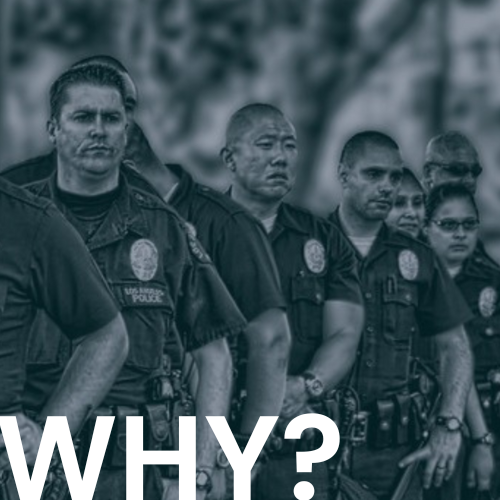
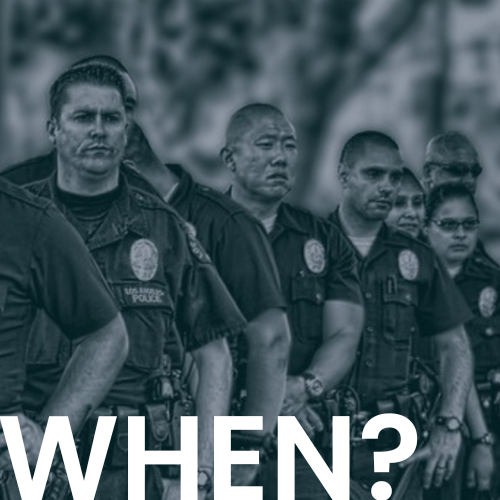
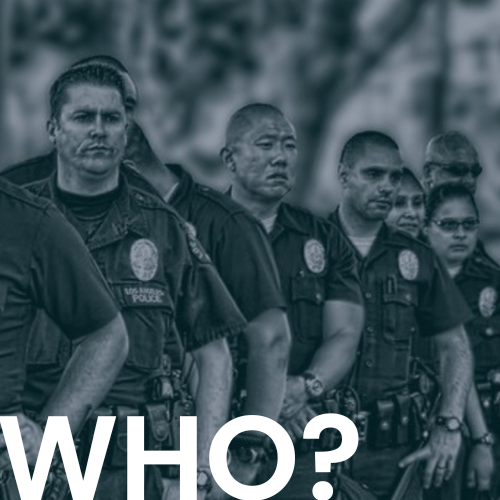
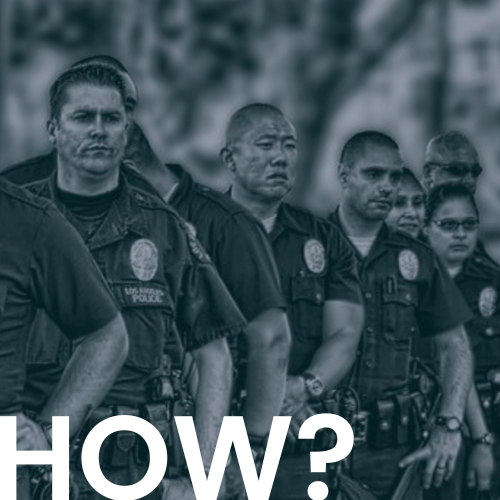
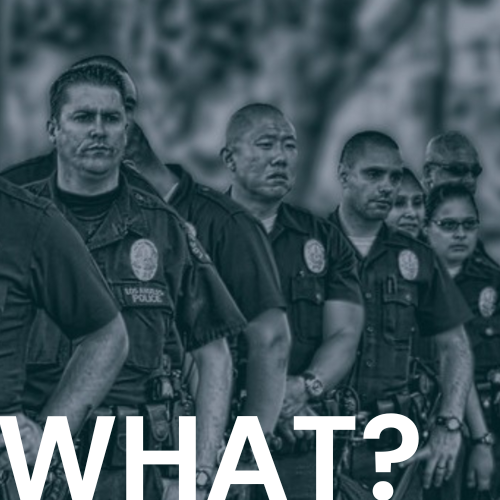
![Peace Officer Standards & Training [POST] Departments Peace Officer Standards & Training [POST] Departments](/sites/default/files/styles/large/public/2023-07/Brady.png?itok=xsIFvU8R)
![Organizations [Law Enforcement et al.] Organizations [Law Enforcement et al.]](/sites/default/files/styles/large/public/2023-07/Brady%20%282%29.png?itok=H7Pj15F8)

